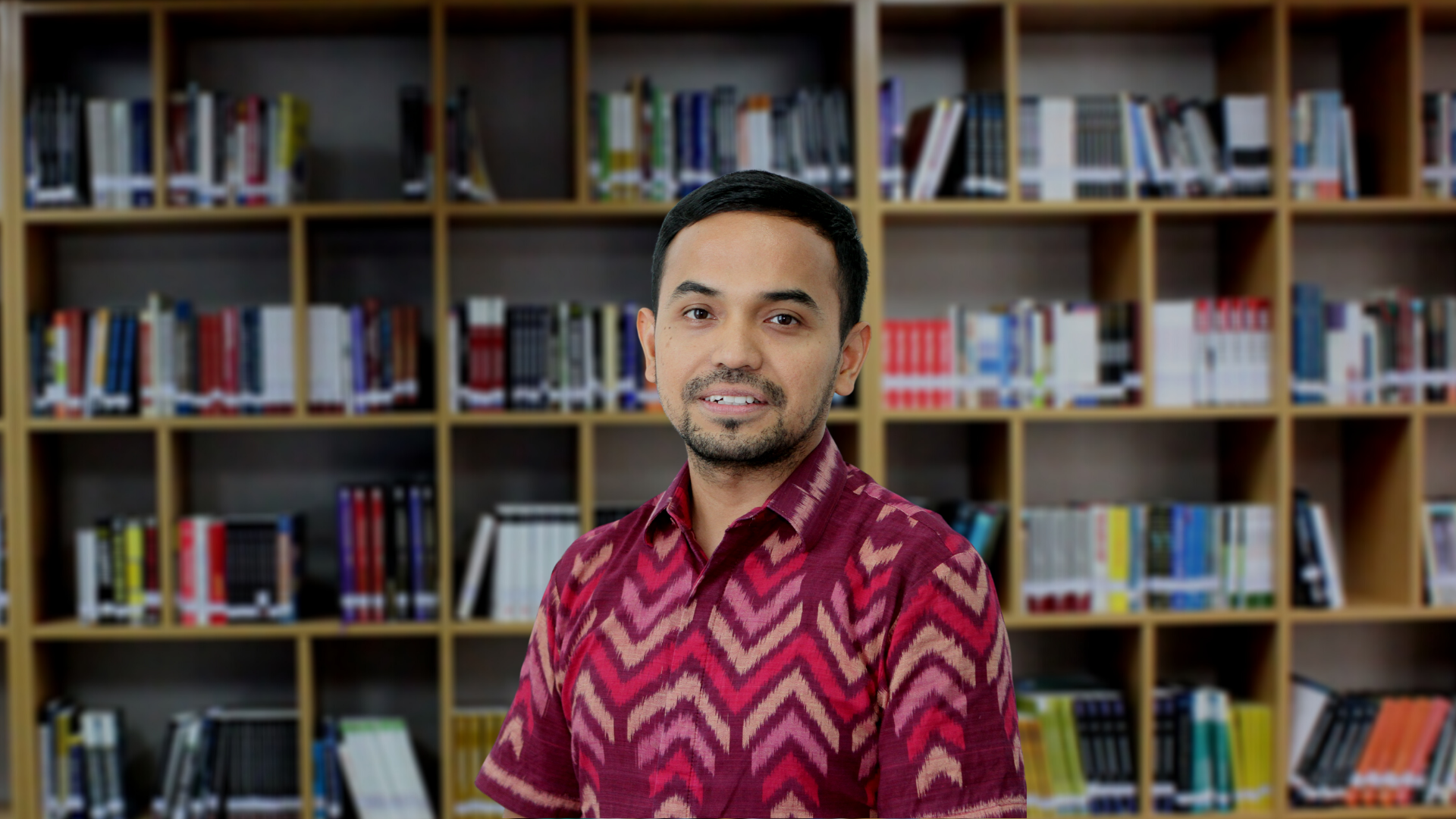There are three technology implementations that can be applied to provide government assistance to handle poverty. The first is the payment system, which consists of the use of debit cards, QR Code scanning, Digital Money, and Near Field Communications.
The second is branchless banking innovation, where the government empowers micro and medium-sized enterprises, particularly small shops, to become agents, intermediaries, or extension agents. Finally, there is the possibility for the use of biometric verification, consisting of face and fingerprint recognition.
A Doctor of Science in Management at SBM ITB Jakarta, Hilman Palaon said it to an SBM ITB student. Hilman is an inclusive finance specialist who has succeeded in compiling the Strategi Nasional Keuangan Inklusif (SNKI) into Presidential Regulation No 114 of Year 2020 concerning the National Financial Inclusion Strategy. He once worked in the Vice President Office of Republic Indonesia, National Team for Accelerating Poverty Reduction.
Furthermore, the former Senior Consultant and Account Manager of Ernst & Young also clarified the importance of digital transformation to current conditions. “The three research actions that I have undertaken with regard to digital transformation are also very relevant to the present conditions of the COVID-19 pandemic. Where the role of technology will give priority to the safety and convenience of the aid target itself. For example, with digital transactions, the government can distribute assistance to people who need it with minimal physical touch,” Hilman said.
Speaking about the future, the man who is currently the Vice President of Financial Services and Inclusion Company Gojek also hopes that what has been shown in science movies will actually happen. “If we’re able to complete the biometric authentication someday, it’s not unlikely that we don’t need to use the cards anymore. All the data that we need can be searched in a centralized database. Starting with a medical history, educational history, certificates, and other facts,” he added.
In the conclusion, the man who graduated from the University of Applied Sciences of Bremen, the University of Valencia, and the University of Applied Sciences of Bremerhaven said, in order to realize the future, today we must be able to respond regularly and with a wholehearted commitment to our homework. We need to boost society’s readiness to implement technology, increase research and innovation, and build infrastructures across Indonesia. Through doing so, it is expected that we will be able to find convenience in any direction we take.




